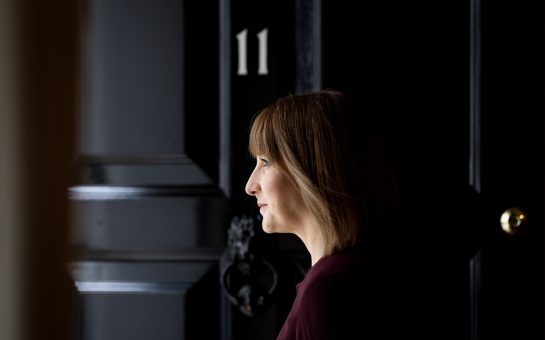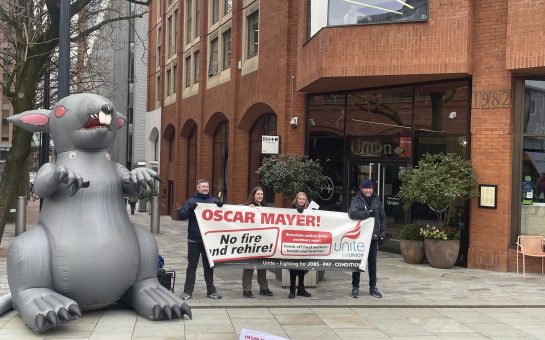On December 16, 1969 MPs voted for the abolition of the death penalty in Britain, as murderers could be punished by being hanged up until that year.
343 MPs voted in favour of its abolition compared to 185 voting against, resulting in cheers around Parliament as ‘The Murder Act 1965’ was passed.
MPs debated for nearly eight hours over the issue until they finally voted, even though all three leaders of the major political parties (Labour, Conservatives and Liberal Democrats) argued in favour of its abolition.
The death penalty was originally suspended in 1965, although Duncan Sandys (a Conservative MP for Streatham) brought a petition to Parliament claiming to have a million signatures for hanging to remain.
The suspension of the death penalty provided evidence to MPs that it was not a sufficient deterrent, as between 1957 and 1968 murders numbered between 114 and 154 per year, showing no significant increase due to the suspension.
The Act was introduced to Parliament by Sydney Silverman in the form of a private member’s bill.
The Act still allowed the death penalty to be used for high treason, arson in royal docklands, piracy with intent to kill or cause grievous bodily harm, espionage and offences under military law although the vote in 1969 signalled the end of executions in this country.
Britain is one of 103 countries that have completely abolished the death penalty as well as 30 who are abolitionists in practice.
Six countries have abolished the penalty for ordinary crimes, although 56 countries retain capital punishment.
Figures from last year shows China still execute over 1,000 people every year and Iran at least 567, showing the death penalty is still very real in many countries around the world.



